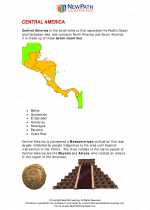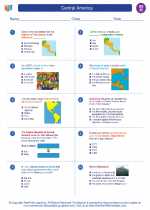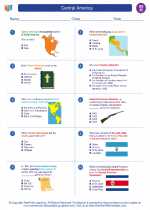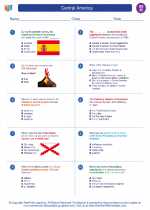Christopher Columbus
Christopher Columbus was an Italian explorer and navigator who completed four voyages across the Atlantic Ocean, opening the way for widespread European exploration and the eventual conquest of the Americas by Europeans. His exploration and discoveries had a profound impact on the historical development of the modern Western world.
Early Life
Columbus was born in the Republic of Genoa, in what is now Italy, in 1451. He began his maritime career as a teenager, participating in several trading voyages in the Mediterranean and Aegean seas. He also gained experience in navigation and mapmaking during this time.
First Voyage
In 1492, Columbus set out on his first voyage across the Atlantic, seeking a western sea route to the lucrative markets of Asia. Instead, he landed in the Bahamas, believing he had reached the East Indies. This marked the beginning of the European exploration and colonization of the Americas.
Impact
Columbus' voyages had a lasting impact on world history, leading to the Columbian Exchange, the transfer of plants, animals, culture, human populations, technology, and ideas between the Americas and the Old World. This exchange had both positive and negative effects on the world, shaping the development of global trade and the spread of diseases, crops, and ideas.
Study Guide
- What was Christopher Columbus' primary goal in his first voyage across the Atlantic?
- How did Columbus' voyages impact the development of global trade and the exchange of ideas?
- What were the positive and negative effects of the Columbian Exchange?
- Discuss the significance of Columbus' exploration in the historical development of the modern Western world.
- Explain the role of Columbus in the European exploration and colonization of the Americas.
[Christopher Columbus] Related Worksheets and Study Guides:
.◂Social Studies Worksheets and Study Guides Eighth Grade. Central America

 Worksheet/Answer key
Worksheet/Answer key
 Worksheet/Answer key
Worksheet/Answer key
 Worksheet/Answer key
Worksheet/Answer key
